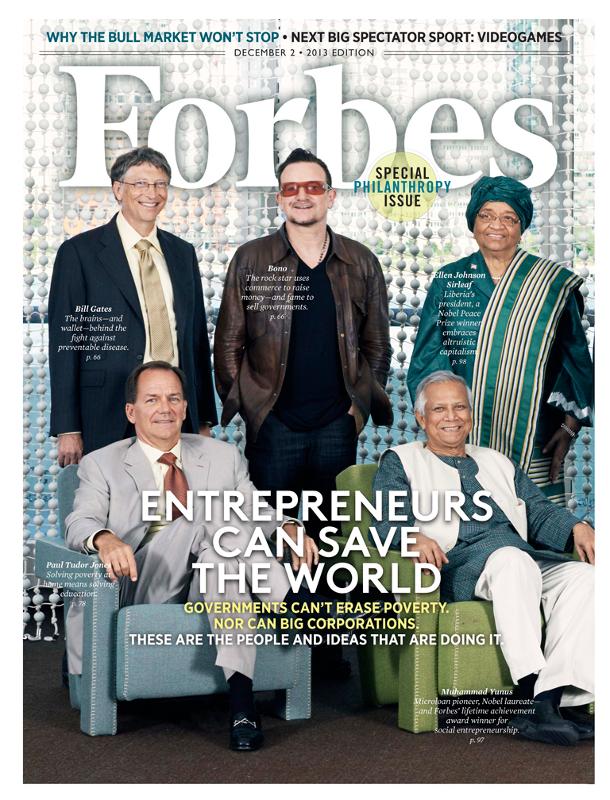Objective 6: Entrepreneurship
The entrepreneur sees an economic need and tries to fill it. The Economist defines "entrepreneur" this way:
| Entrepreneur |
| The life and soul of the capitalist party. Somebody who has the idea and enterprise to mix together the other factors of production to produce something valuable. An entrepreneur must be willing to take a risk in pursuit of a profit. |
Source: http://www.economist.com/economics-a-to-z/e#node-21529737
Entrepreneurs are the risk-taking individuals who go out and start their own business. Some of the most famous business people in the world are successful entrepreneurs who started a business and worked to the top. Mark Zuckerberg, Steve Jobs, and Oprah Winfrey are all extremely successful examples of modern entrepreneurs, but millions of entrepreneurs are running smaller, but still successful, business across the country and around the world. Restaurant owners, inventors, hair stylists and artists can all be examples of entrepreneurs.
What is entrepreneurship?

Image Source: http://b-i.forbesimg.com/randalllane/files/2013/11/1112_philanthropy-gates-bono-forbes-cover-120213_768x1008.jpg
Entrepreneurship is the organizational abilities and risk-taking involved in starting a new business or introducing a new product.
Entrepreneurs must be willing to take risks, handle rejection, survive financial uncertainty, and make personal sacrifices.
Profit is an entrepreneur's reward for taking a risk and succeeding.
What is profit?
Profit is the difference between the revenue received from the sale of a good or service and the costs of providing that good or service.
Entrepreneurs must have the freedom to start new business ventures but must accept the responsibilities of that freedom.
What is the relationship between entrepreneurship and economic independence?
Economic structures that provide freedom of choice encourage and have more entrepreneurship.
Show what you know!